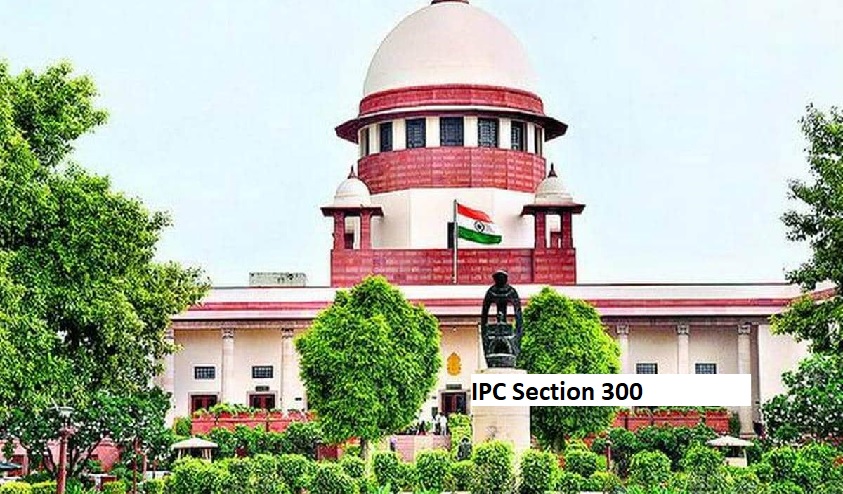


The Supreme Court held that an offender exploiting a situation cannot claim Exception 4 to IPC Section 300 in a case where a husband was convicted for murdering his wife.
In this case, the deceased (wife) had doused herself with kerosene in an attempt to protect herself from further harm following a dispute with her husband (the appellant). The husband purportedly ignited a matchstick and threw it at her while uttering "You Die," indicating an intention to cause her death.
The husband, in his attempt to challenge his conviction under Section 302 and 498A IPC, invoked Exception 4, arguing that the incident occurred during a "sudden fight or quarrel."
It's worth noting that Exception 4 specifies that culpable homicide is not considered murder if it occurs without premeditation during a sudden fight in the heat of passion arising from a sudden quarrel, provided that the offender did not take undue advantage or act in a cruel or unusual manner.
Explanation: In cases covered by Exception 4, it doesn't matter which party initiated the provocation or made the first attack; the exception applies regardless of the initial actions of the parties involved.
The Court made it clear that Exception 4 applies when culpable homicide occurs without premeditation during a sudden fight or quarrel, and when the offender does not take "undue advantage" of the situation. In this particular case, the appellant exploited the situation by lighting a matchstick and throwing it at the deceased, who was drenched in kerosene, with the intention of causing her burns. Because the appellant took "undue advantage" of the situation, he cannot benefit from Exception 4 under Section 300 IPC, and the case does not fall under Part-II of Section 304 IPC.
The bench, consisting of Justices Abhay S. Oka and Pankaj Mithal, presided over the hearing of an appeal challenging a judgment issued by the Kerala High Court.
In this case, the court took note of several dying declarations and both oral and eyewitness testimonies that clearly indicated the deceased's death resulted from burn injuries inflicted when the appellant set her on fire.
The question before the court was whether this incident constituted a premeditated murder, a result of grave and sudden provocation that wouldn't amount to murder, or a case of culpable homicide not amounting to murder.
The Court rejected the notion that this incident resulted from a sudden quarrel and provocation, considering the history of their quarrels and the fact that they had argued on that very day. Additionally, a neighbor (PW1) had visited their house and departed before the burning occurred, which indicated there was a significant intervening time between the quarrel and the burning.
Regarding the application of Exception 4 to Section 300 of the Indian Penal Code, the court determined that culpable homicide must occur without premeditation and without the offender taking undue advantage of the situation.
In this case, the court emphasized that the appellant had exploited the situation by throwing a matchstick at the deceased, who was drenched in kerosene, with the intention of setting her on fire. This action constituted taking undue advantage of the circumstances.
Considering the aforementioned factors, the court dismissed the appeal and concluded that the appellant was guilty of culpable homicide amounting to murder.
TAGS: court appeal appellant guilty culpable homicide murder premeditated undue advantage matchstick.